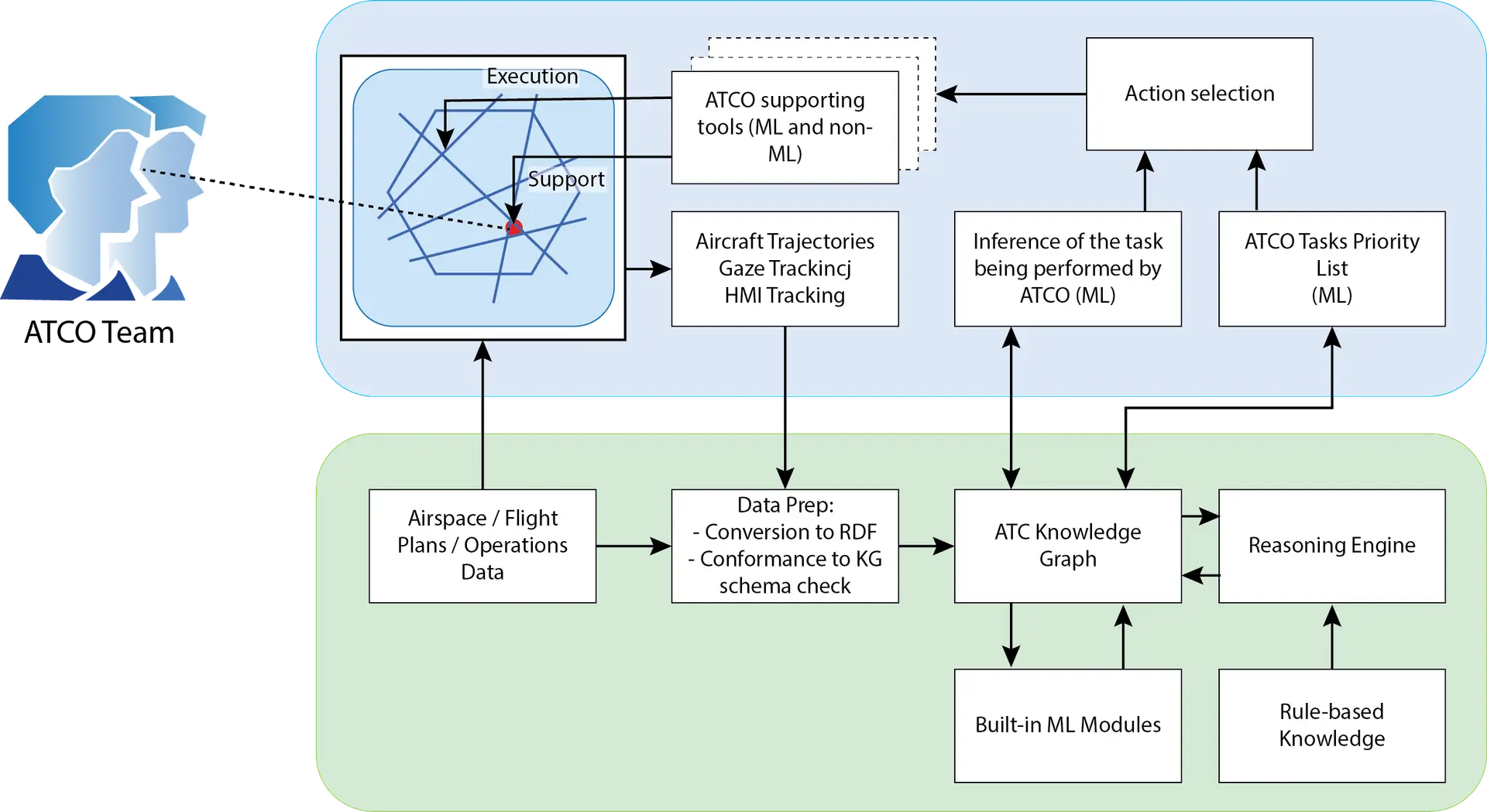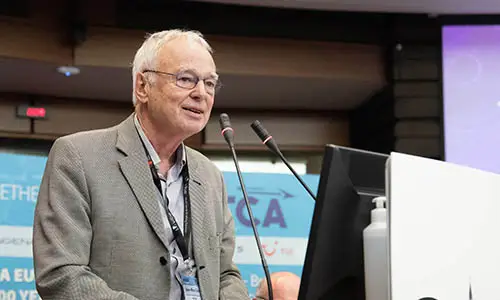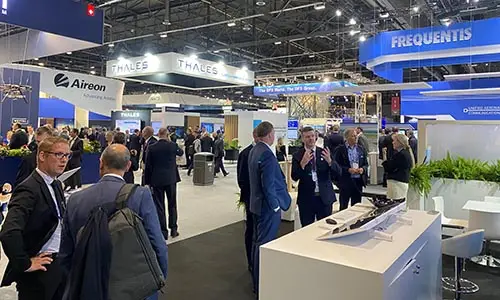How to participate actively in ATM Research in Europe

by MARC BAUMGARTNER
IFATCA EASA & SESAR CoordinatorThe Single European Sky ATM Research (SESAR) program started in 2008 to harness EU Research funds for ATM through a Joint Undertaking. SESAR is one of the five pillars of the Single European Sky and has provided, for more than two decades, support in researching new solutions for the future of air traffic management.
IFATCA has been actively contributing to all the SESAR editions as part of the Advisory or Governing Bodies and by working together with the SESAR Joint Undertaking, based in Brussels, through dedicated contracts.
IFATCA’s expertise was provided through comments, criticism and active participation in validation exercises. However, a certain level of frustration was perceived by the IFATCA experts, as they were not involved in the project elaboration and could not influence the research; rather, they were only reduced to a role of input at a certain level of maturity.
With the advent of new technologies and the ongoing research work in the Joint Cognitive Human Machine System Group, the idea matured to bid for an exploratory research call by a consortium composed of universities, international institutions, industry and ANSPs. Greatly helped by an ATM consultant, we submitted a bid in 2021 as part of a consortium based around IFATCA, under the leadership of the former EVP Europe Tom Laursen. The submission named ‘COLLEAGUE’ did not win the contract, however it helped IFATCA to understand the mechanism and the functioning of the submission of bids to the SESAR exploratory research calls to tender.
During the recent research calls for SESAR projects (called waves), IFATCA was associated with 4 bids for wave 1 and 6 bids for wave 2. In both waves, one bid with which IFATCA was associated was awarded the research contract. These are called CODA (wave 1) and AWARE (wave 2).
AWARE
This project started in June 2024 and will last for 26 months.
The goal of the project is to enable human-machine collaboration by using an artificial situational awareness system which is enabling AI to anticipate and respond to human needs by understanding human intent and goals.
While humans are extensively trained to understand the capabilities, limitations, and functionality of the machines they are using, further improvements in human-machine collaboration are currently hindered by lack of awareness of human’s intent on the side of machines.
The project will develop and test an AI Assistant Application providing adaptable human-centric support to enhance ATCO performance and reduce ATCO workload despite high task complexity. This will be achieved by developing a human-machine collaboration environment that relies on recognition of ATCO intent, ATCO situation awareness (compared to machine situation awareness) and ATCO mental load. ATCO’s intent will be analysed by tracking their attention and human-machine interactions and comparing them to the tasks that need solving as assessed by the artificial situational awareness system. Adaptable support will then be provided either to solve the task they are currently focused on or to solve an unrelated task autonomously. This will allow ATCOs to maintain their skills and expertise while preventing a shift towards supervisory control that has been demonstrated to undermine human capability to take over in situations with degraded automation.
A goal of the adaptable and human-aware system is to maintain ATCOs in an active role and to train their skills and expertise on the job while selectively using higher levels of automation to augment capacity. ATCOs are supported in their tasks rather than substituted by automation. It is expected that ATCOs can handle high-complexity scenarios when assisted by an attention-aware support system. ATCO workload is expected to decrease with the use of support functions.
IFATCA will provide operational expertise and will lead a Working Group elaborating with other consortium partners, scenarios which will then be researched and measured.

Research partners
Tern Systems, University of Zagreb, International Federation of Air Traffic Controllers Associations (IFATCA), The Swedish Civil Aviation Administration (LFV), SLOT Consulting, Ukrainian State Air Traffic Services Enterprise, Universidad Politécnica de Madrid, Universitat Linz and Zurich University of Applied Sciences







